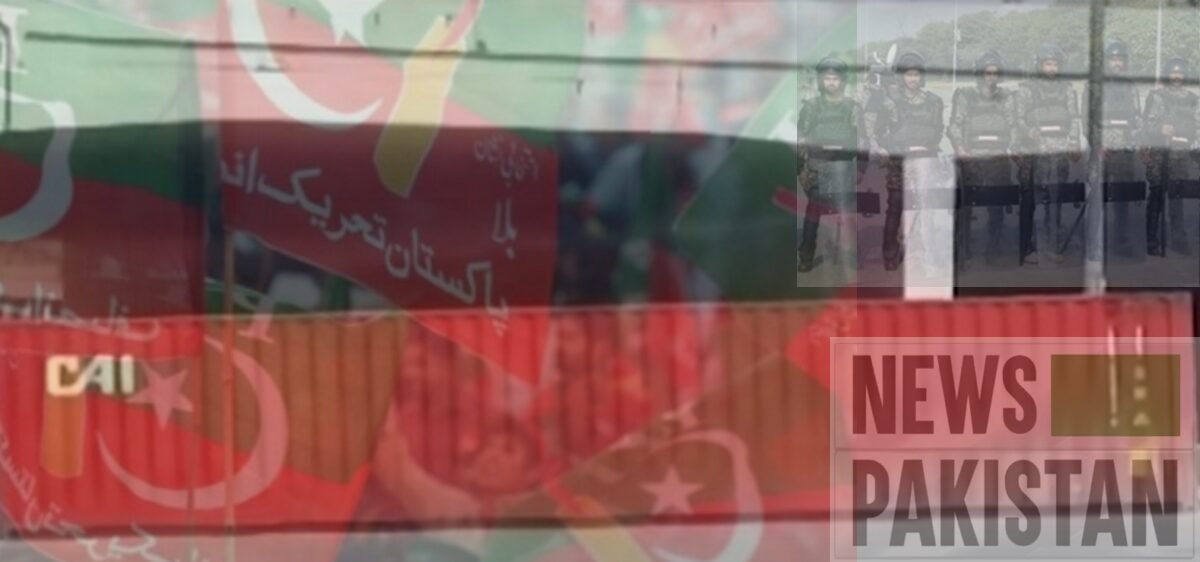NEW YORK: The World Bank announced a pause in arbitration between Islamabad and New Delhi on the matter of the two dams being constructed by India and has asked the two countries to resolve amicably their differences over Kishenganga and Ratle hydroelectric projects in line with the spirit of Indus Basin Treaty.
India is constructing two hydropower projects on the Chenab River. Pakistan has objected to the construction of the 850MegaWatt Ratle and 330MW Kishenganga hydropower schemes, saying that both projects would have adverse impact on the flow of the Chenab and Neelum rivers.
According to a World Bank press release, its President Jim Yong Kim has written letters to Finance Ministers of Pakistan and India in this regard, calling on both countries “to consider alternative ways to resolve their disagreements”.

“This is an opportunity for the two countries to begin to resolve the issue in an amicable manner and in line with the spirit of the treaty rather than pursuing concurrent processes that could make the treaty unworkable over time,” he said. “I would hope that the two countries will come to an agreement by the end of January [2017].”
“Pausing the process for now, the Bank would hold off from appointing the Chairman for the Court of Arbitration or the Neutral Expert – appointments that had been expected on December 12 as earlier communicated by the Bank,” the WB president was quoted as saying.
The announcement temporarily halts the appointment of a Neutral Expert, as requested by India, and the Chairman of the Court of Arbitration, as requested by Pakistan, to resolve issues regarding two projects under construction by India along the Indus rivers system.
In the aftermath of rising cross-border tensions following the Uri army base attack and an alleged Indian ‘surgical strike’, Indian Prime Minister Narendra Modi in November threatened to stop honouring the Indus Waters Treaty and block the flow of water into Pakistan.












